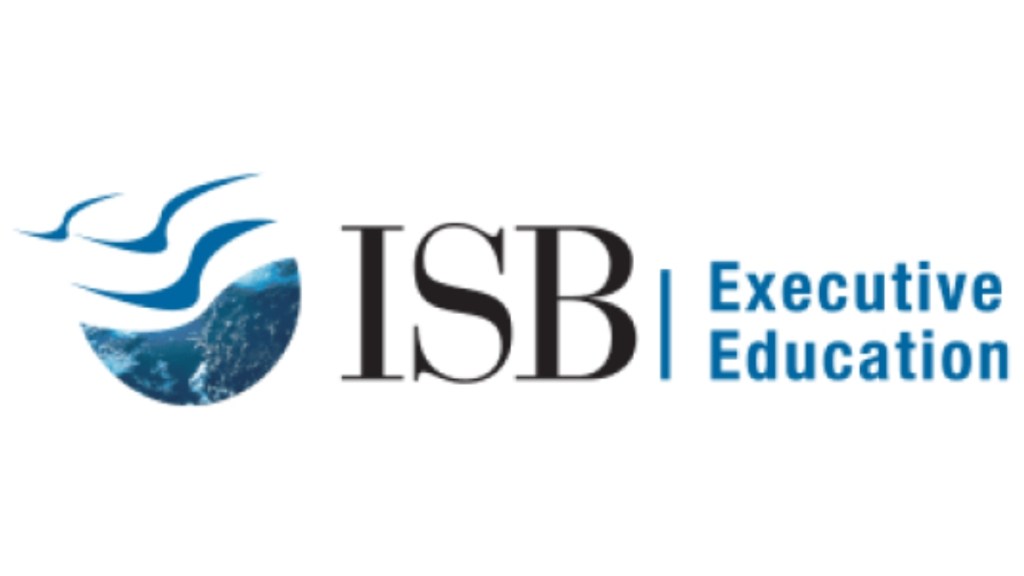In response to a growing need to understand the state of Indian Boards, the Indian School of Business (ISB) Executive Education has released the ‘India Corporate Governance Scorecard – 2024’. Conducted by Sanjay Kallapur, Professor, ISB, Nirmalya Kumar, Professor, SMU, and Harish Raichandani (adjunct faculty), ISB, the empirical report, based on a survey of directors from Indian Companies, offers insights into the prevailing practices and challenges in corporate governance, as per
The study evaluated corporate governance in nine areas across three dimensions: Guidance and Oversight, Board Functioning and Leadership. The responding directors provided perspectives on boards of different types of companies, viz., professionally managed companies, promoter/ family-owned, multinational corporations, Indian conglomerates and the PSUs.
A few of the highlights from their findings include:
The scorecard reveals the varying degrees of satisfaction (percentage of directors responding “satisfied” or ‘highly satisfied’) across three dimensions: Board Leadership – 82%, Board Functioning – 73%, and Guidance and Oversight – 71%
Directors demonstrate strong board effectiveness, marked by leadership acumen, a vibrant culture of collaboration, effective Board-CEO engagement, and commitment to their roles
Directors exhibit a dichotomy in risk oversight, with high confidence in regulatory compliance at 95%, yet mixed vigilance over obsolescence and technology risks at 68% and 72%, respectively
Strategic oversight emerges as a critical area for improvement, with only 68% satisfaction, indicating a potential blind spot in Indian boardrooms’ competencies
“Corporate governance is a driver of value creation and competitive advantage for companies. The India Corporate Governance Scorecard 2024 is a pioneering initiative that offers a valuable benchmark for Indian companies to compare their corporate governance performance with their peers and identify areas for improvement. The report aims to serve as a catalyst for constructive dialogue and action among various stakeholders, such as regulators, investors, board members, executives, and academics, to foster a culture of excellence and innovation in corporate governance in India,” Sanjay Kallapur, professor, Accounting at ISB, said.
The findings further equip ISB Executive Education to create more relevant corporate governance programmes, such as the, ‘Powering High-Performance Boards’. With only one in 4 directors certifying that their board takes steps to educate/ train them, the demand for ISB’s board education services will likely increase further. The survey reveals that the directors require more regular updates on risks and regulatory aspects and keep abreast of industry changes.
“The growth of the Indian economy and the companies that comprise it will lead to burgeoning demand for board members. However, for boards to effectively fulfil their role on behalf of shareholders they must balance the time spent on compliance currently with greater attention to the strategic direction of the company,” Nirmalya Kumar, professor, Marketing, Singapore Management University and visiting faculty, ISB, said.
Board members also expressed concerns about their engagement between meetings, needing more independent information sources, and staying updated on industry trends. The lack of mechanisms for addressing issues with ‘problematic’ directors and the need for a ‘devil’s advocate’ in decision-making were also noted.


